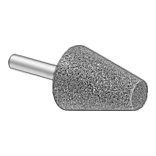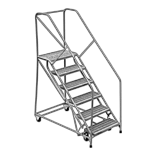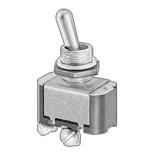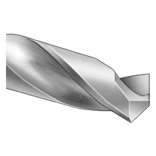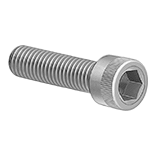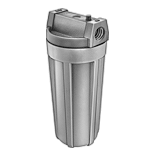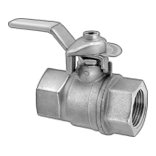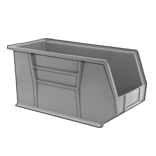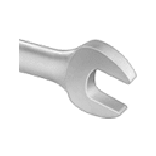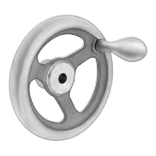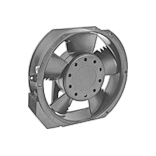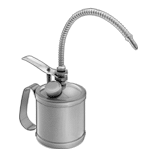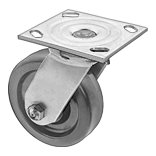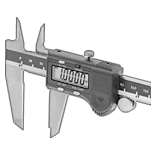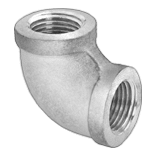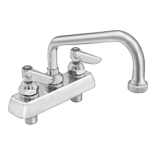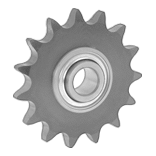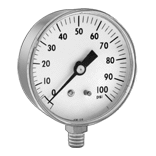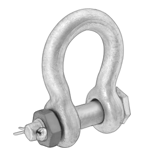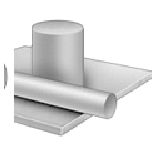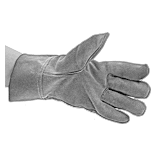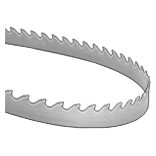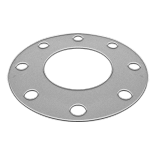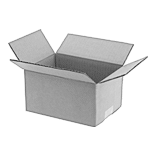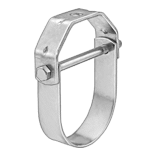Filter by
Maximum Temperature
For Joining
Performance
Container Type
For Use On
Manufacturer Model Number
Color
Tensile Strength
Container Size
Hardness
Environment
Reaches Full Strength
Hardness Rating
Begins to Harden
Manufacturer
For Use Outdoors
Food Industry Standard
Minimum Temperature
Type
Certification
DFARS Specialty Metals
Elongation
Export Control Classification Number (ECCN)
Paintable
REACH
RoHS
About Sealant Flexibility
More
Self-Leveling Silicone Sealants

Thinner than non-sagging sealants, these flow easily into cracks and have a smooth finish. Made from silicone, sealants are RTV (room-temperature vulcanizing).
Elongation and joint compression/expansion tolerance indicate flexibility—the higher the values are, the more joint movement sealants can sustain. Sealants that are good for joining dissimilar materials also work well in environments with wide temperature fluctuation.
Container | |||||||||||||
|---|---|---|---|---|---|---|---|---|---|---|---|---|---|
| Mfr. Model No. | Size, fl. oz. | Type | Begins to Harden | Reaches Full Strength | Elongation | Joint Compression/ Expansion Tolerance | Tensile Strength, psi | Hardness | Temp. Range, °F | For Joining | Color | Each | |
Momentive/GE Silicone | |||||||||||||
| RTV116 | 10.1 | Cartridge | 30 min. | 3 days | 350% | -25% to 25% | 350 | Soft (Durometer 20A) | -75° to 500° | Metal Metal to Plastic Metal to Rubber Metal to Glass Plastic Plastic to Rubber Plastic to Glass Rubber Rubber to Glass Glass | Red | 0000000 | 0000000 |
